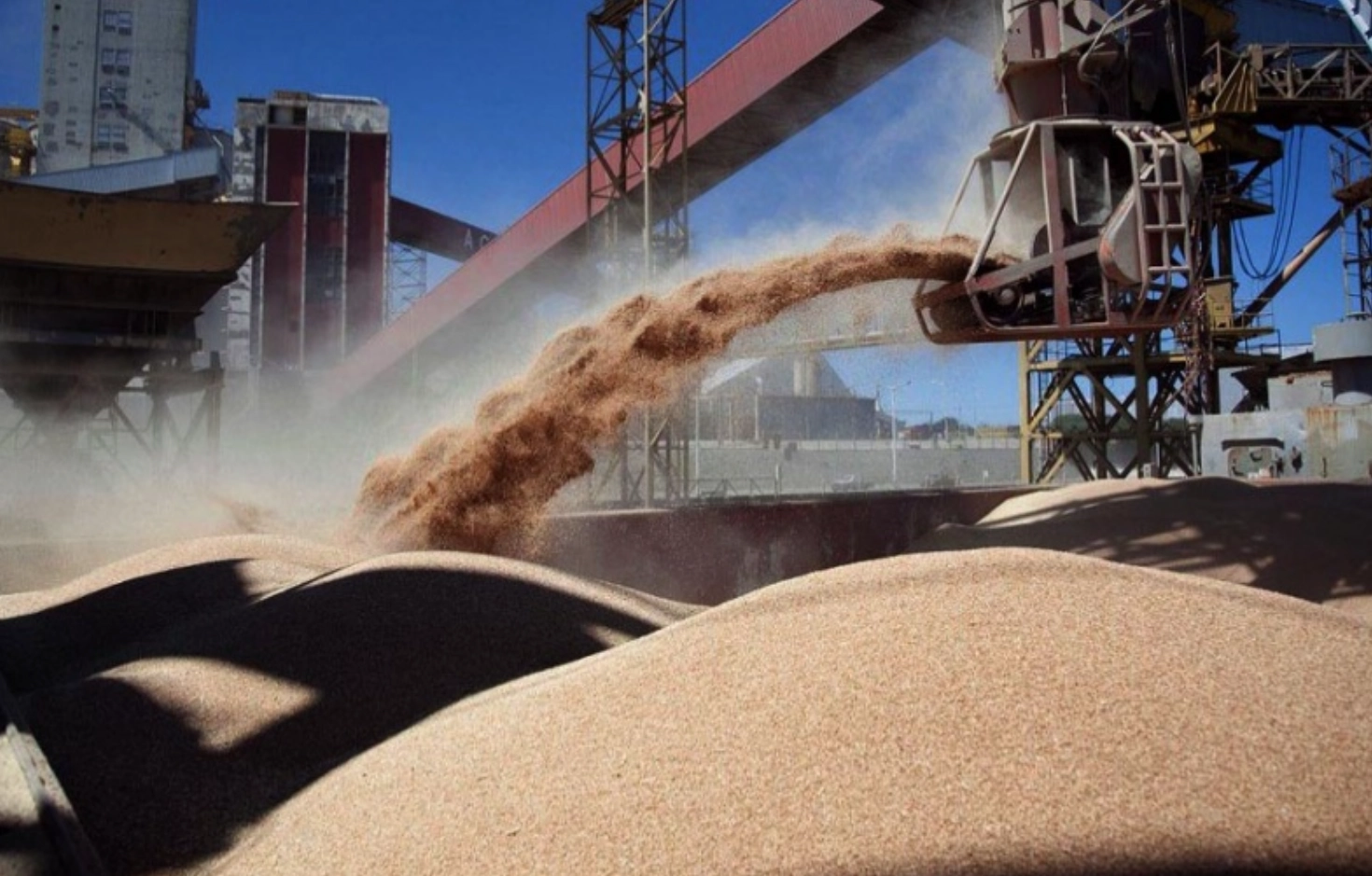The conflict in Eastern Europe has had direct consequences on the dynamism of the global economy and indirect consequences on Latin American economies. Depending on the magnitude and intensity of the conflict in the near future, it is possible to suggest prospective scenarios and their unfolding. At this time, a negative impact of 1 percentage point on the global Gross Domestic Product is already foreseen, according to projections by international organizations.
Before the outbreak of hostilities, the global economy suffered from the consequences of the COVID-19 pandemic, due to the interruption of numerous productive activities, despite the successive economic stimulus packages promoted by almost every country in the world.
These stimuli were necessary both to maintain some social and health protection and to reactivate the productive structures in many countries. However, these stimulus packages, which amounted to $9.0 trillion (11% of global GDP), also ended up generating significant inflationary pressures.
Following the Russian invasion of Ukraine and the immediate imposition of economic sanctions by some Western powers on the Moscow government and its entourage of sympathizers and collaborators – including the Minsk regime – there was an acceleration of pre-existing inflationary pressures.
The increase in prices was quite clear in the case of goods exported by Russia, Ukraine, and Belarus to the international market, particularly in the energy sector (oil, natural gas, coal), foodstuffs (corn, wheat), agricultural supplies (fertilizers) or strategic minerals (neon, palladium, aluminium, titanium).
In the logistical field, in addition to the attack on Ukraine’s infrastructure (ports, roads, bridges, nuclear power plants, factories, residential areas), there was an evident increase in freight and insurance prices for cargo ships in the Black Sea, as well as growing obstacles in land and air transport between Central and Eastern Europe.
It is estimated that, in the first month of military operations, the economic costs for Ukraine have exceeded 100 billion dollars. Many resources have also been allocated by the Moscow government to finance its war effort. In this sense, and without forgetting the human suffering, it is worth asking: who will pay for this massive destruction of the Ukrainian economy (war reparations)?
From the perspective of international economic security studies, it is known that the sanctions imposed by certain Western governments against the Russian economy have begun to generate consequences such as the pronounced depreciation of the ruble, the disconnection of digital networks and the financial intermediation system, or the increase in the base interest rate in that country. These measures are expected to become increasingly incisive and costly for the Moscow government.
Be that as it may, the Russian government, while acknowledging some implications of the “economic war” of hostile powers, maintains military operations against its neighbor. At the same time, the Kiev Government has received humanitarian, economic, and military aid from numerous countries, with the purpose of keeping afloat its productive apparatus and war effort. In all, this generates local, bilateral and global implications in the medium and long term.
And in Latin American countries?
The conflict in Eastern Europe opens up opportunities, incentives, risks, and threats. At the beginning, due to the geographical distance, the war has not caused vital consequences in Latin America. However, the situation could change considerably in the event of an escalation of tensions and warlike operations inside and outside Ukraine, even with the use of non-conventional armament or the eventual incorporation of other state and non-state security actors.
In operational and pragmatic terms, the reduction of Ukrainian, Russian, and Belarusian exports of certain raw materials and industrialized goods could even create additional opportunities and demands for Latin American export companies, mainly in the case of the so-called emerging economies (Brazil, Mexico, Argentina, Colombia, Chile, and Peru).
On the other hand, a recomposition of the ailing Venezuelan oil industry could be considered, especially if accompanied by a gradual suspension of U.S. and European sanctions and an effort of reconciliation and redemocratization of the country.
Therefore, Latin American exports could substitute a significant part of the production of the belligerent countries, mainly in the U.S. market, the European Union, and certain African and Asian countries.
However, trade opportunities will have to be confronted with the accelerated process of global inflation, turbulence, uncertainties, and rising import prices. It is worth reiterating that, within the post-pandemic economic recovery, the military conflict may further delay the resumption of growth and productive transformation with equity among Latin American countries. Likewise, some analysts ponder about the implications of a possible de-globalization, the resurgence of protectionist pressures, and also neo-populism.
Despite the visits of Alberto Fernandez (center-left) and Jair Bolsonaro (populist right) to Vladimir Putin shortly before the start of the war, the countries of the region as a whole will most likely seek to diversify their external partners. In addition, many will seek to build some form of balance and equidistance in the context of the coming competition among world powers, including in global economic governance. This includes an effort to avoid internalizing or importing extra-regional conflicts into the already delicate post-Pandemic COVID-19 juncture. Here are the outlines of a “new normal”.
Recent developments in the negotiations to find a peaceful solution suggest some partial progress and even allow for cautious optimism. Naturally, almost the entire international community and our region support a negotiated solution to the conflict. This was reflected in the vote of the majority of Latin American countries in two resolutions of the United Nations General Assembly to demand the end of hostilities.
This position is based on international identity, on the historical experience of the region – the object of numerous comparable onslaughts from the U.S. and European countries that at the time were labeled as imperialist -, on the predominant diplomatic culture, opposed to expansionist wars and the use of force in international politics, and on the maturity and democratic quality of many of our societies. Having said this, it seems pertinent to insist on the need to build an international order of free peoples.
Translated from Spanish by Janaína Ruviaro da Silva













